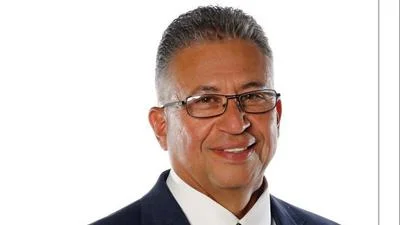A New Mexico lawmaker has proposed raising the minimum wage in the state to $16 as early as 2024.
The minimum wage will be raised to $12 for 2023 as a result of a 2019 state law, but Democratic District 43 State Rep. Christine Chandler of Los Alamos has proposed raising the minimum wage even higher as early in 2024; a Saturday KOB 4 news report said. Also included in Chandler's bill was language that would require lawmakers to adjust the state’s minimum wage every year in relation to inflation and other economic factors.
“I really feel that our minimum wage should allow a person to work 40 hours a week, and still be able to meet basic necessities, and at this point, I don’t believe we’re there with the $12 an hour,” Chandler told KOB 4.
MIT’s living wage calculator shows that the average hourly income needed to live in New Mexico comfortably is at least $16.25 per hour, but Chandler said the numbers don't take into account single parents and working couples. Luna County has the the lowest living wage at $14.98 per hour, which is still almost $3 higher than the 2023 wage increase.
A $16 minimum wage would place New Mexico as one of the top five states in the country with the highest minimum wage. Chandler believes that would help boost the state's economy by attracting more workers to the state.
“We have been trying to get workers to come into the state, so what we have done is create competitive advantage for the state of New Mexico and sent the message that this is a desirable place for people to come back," she said.
New Mexico Chamber of Commerce President and CEO Rob Black disagreed with Chandler and believes that a large pay hike will hurt the state's economy because businesses won't be able to hire as many employees.
“It would really, really exacerbate youth unemployment,” he told KOB 4. “If you raise that wage from $12 an hour to $16 an hour, they’re not going to hire the teenager who has no experience, they’re going to hire somebody else. That puts that teenager in a disadvantage going forward because their work experience now was pushed off for years.
“There’s a diversity of opinions from all perspectives. I think there’s willingness to have that conversation, but $16 an hour is frankly a non-starter for the business community.”









